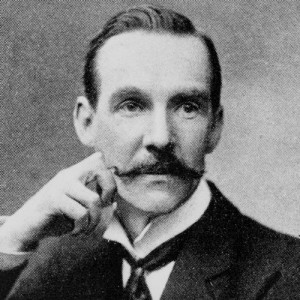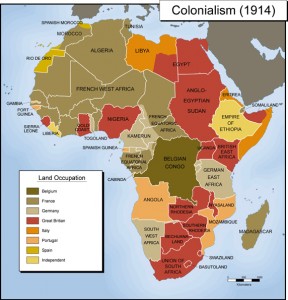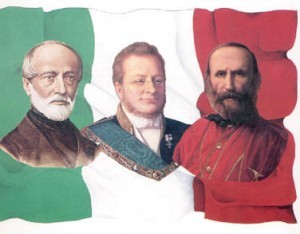In 1899 Rudyard Kipling composed the poem “The White Man’s Burden” in response to the American colonization of the Philippines following the Spanish-American War. With his tone of command urging the white landowners of the United States to “Take up the White Man’s burden” ((The White Man’s Burden, 1899)), Kipling is implying that the USA must now carry the torch of imperialism once held by Great Britain as well as other European nations. Kipling’s message is one of command and warning, by implying that if the United States is to become an imperial power it must commit fully to the duty and complexities inherent with this position of power. It is clearly no small task, as it requires large economic burdens as well as a large commitment of manpower to travel and conquer foreign lands.
When I first read this last year I thought it was satire. Kipling seemed to be bashing the United States for its growing imperial presence in the world with what I confused as his almost-sarcastic tone. However once I realized he was serious, consequences and costs were easier to understand. However after taking my Senior Seminar on Empire last semester, I learned about the many different imperialist nations throughout history as well as what it takes to be not only an empire, but imperialist as well. In this poem, Kipling outlines several of the tenets to imperialism:
To be imperialist, a state must dehumanize a civilization and use them as the foundation for a colonialized civilization. In the first stanza Kipling highlights this with “Your new-caught sullen peoples, Half-devil and half-child.” ((The White Man’s Burden, 1899)), inferring that a powerful state has overtaken a much smaller, foreign state and dehumanizing its people in the process.
As our class established last semester, a state must not only dominate indigenous folk, but it must also exploit them in favor of the colonizing state. Kipling highlights this in the second stanza with “To seek another’s profit, And work another’s gain” ((The White Man’s Burden, 1899)), explaining that colonists are using the indigenous people’s economic source for the benefit of the colonizing state.
In those two stanzas Rudyard Kipling clearly outlines two of the most important tenets to imperialism: dominating a foreign population and siphoning their natural resources into the economy of the colonizing nation. Although this is essential to the imperialist process, it is a cruel and unforgiving ritual. The colonized state is reduced to little more than a slave state through the process called imperialism, and those indigenous people’s lives suffer as a consequence.
For class tomorrow, I pose these questions:
Where else in history have we seen these same things happen? When has a world power taken over a much weaker power in order to exploit it for various (economic, military strategic, etc.) reasons? What was the reasoning behind this takeover? Was it easily justified?





